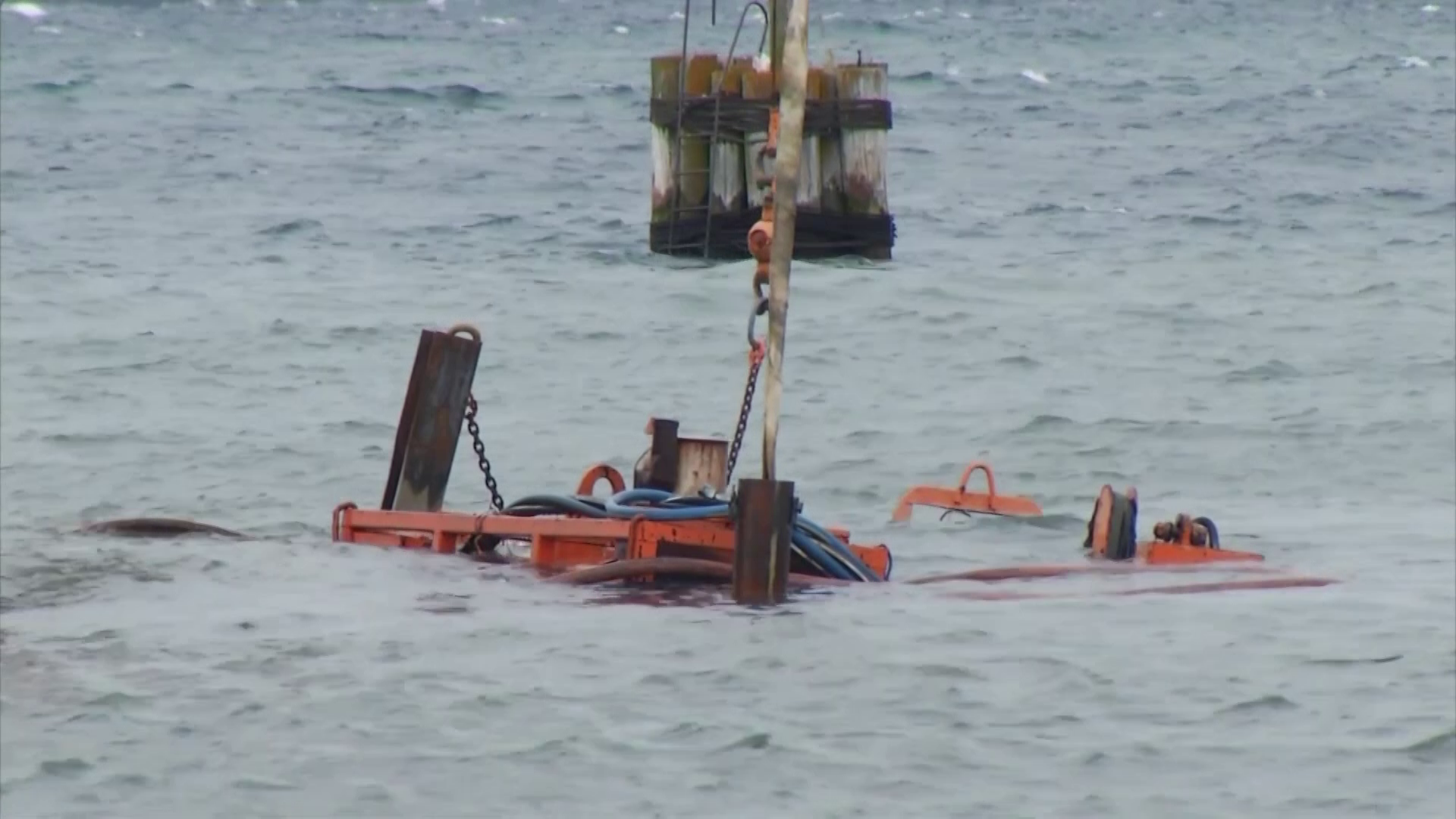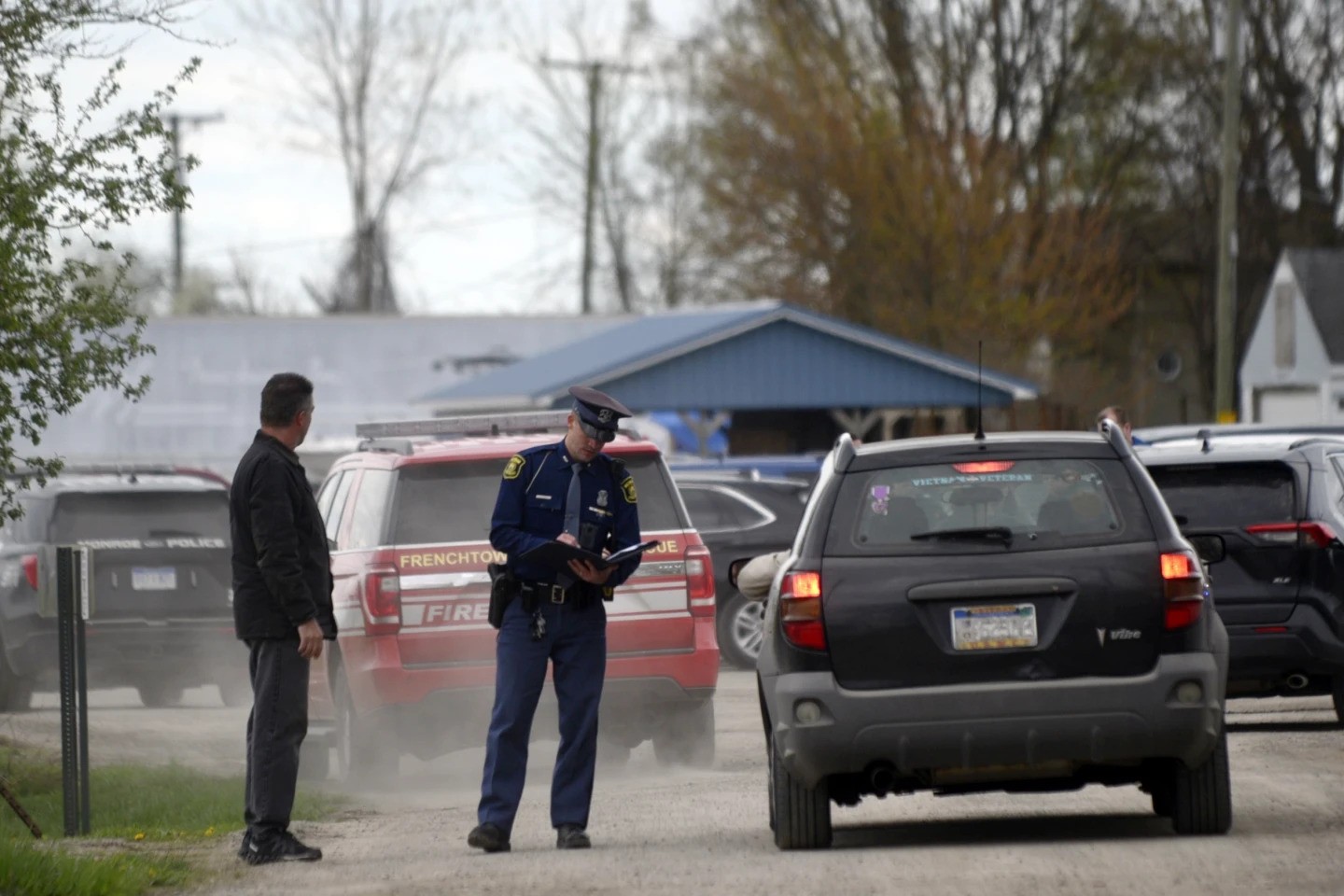New rules and regulations for medical marijuana laws in Michigan took effect Tuesday.
The goal was to change the landscape of the medical marijuana environment in Michigan, and clarify what’s allowed under the 2008 law.
9&10’s Caroline Powers and photojournalist Jeremy Erickson have more details on how the medical marijuana community and law enforcement are responding to the changes.
“It’s going to bring access to people who wouldn’t ordinarily have access before.”
People in the medical marijuana community say the new laws are a step in the right direction.
“What it does change is the conversations that we have with people about their options,” says Adam Devaney, assistant clinical director at Chronic, LLC.
Now edible forms of marijuana are legal.
“It’s really actually kind of exciting to be able to talk to people about a whole bunch of different options other than just smoke marijuana,” Devaney says.
Other big changes include addressing the patient doctor relationships and licensing.
“What this will do will allow the state to draft regulations to regulate commercial grows, which will supply the licensed dispensaries that will be licensed about a year from now,” says Devaney.
But local governments also have a say in whether or not they want to have dispensaries in their community.
“Adding these bills still leaves an uneven landscape because Kalkaska still doesn’t have to have the same rules as Traverse City,” says Michael Thue, owner of Center for Compassion. “So the patients that are driving to see us, because we serve a rural area in Northern Michigan, it’s a different set of rules for every time you cross.”
And while some clarifications have been made, there are still some areas that remain gray.
“So the new law does put into place, I would have to say, some common sense regulations about how marijuana is produced and sold,” says Robert Cooney, Grand Traverse County Prosecuting Attorney. “At the same time, I’m not sure it goes far enough in that direction and it certainly has created a lot of confusion for law enforcement.”
Over the next year, the state will also create a board to review licensing applications.
They will help create a detailed licensing system for provisioning center, growers, distributors, and more.
There will also be a 3% tax on medical marijuana and a tracking system.
© 2023 - 910 Media Group


